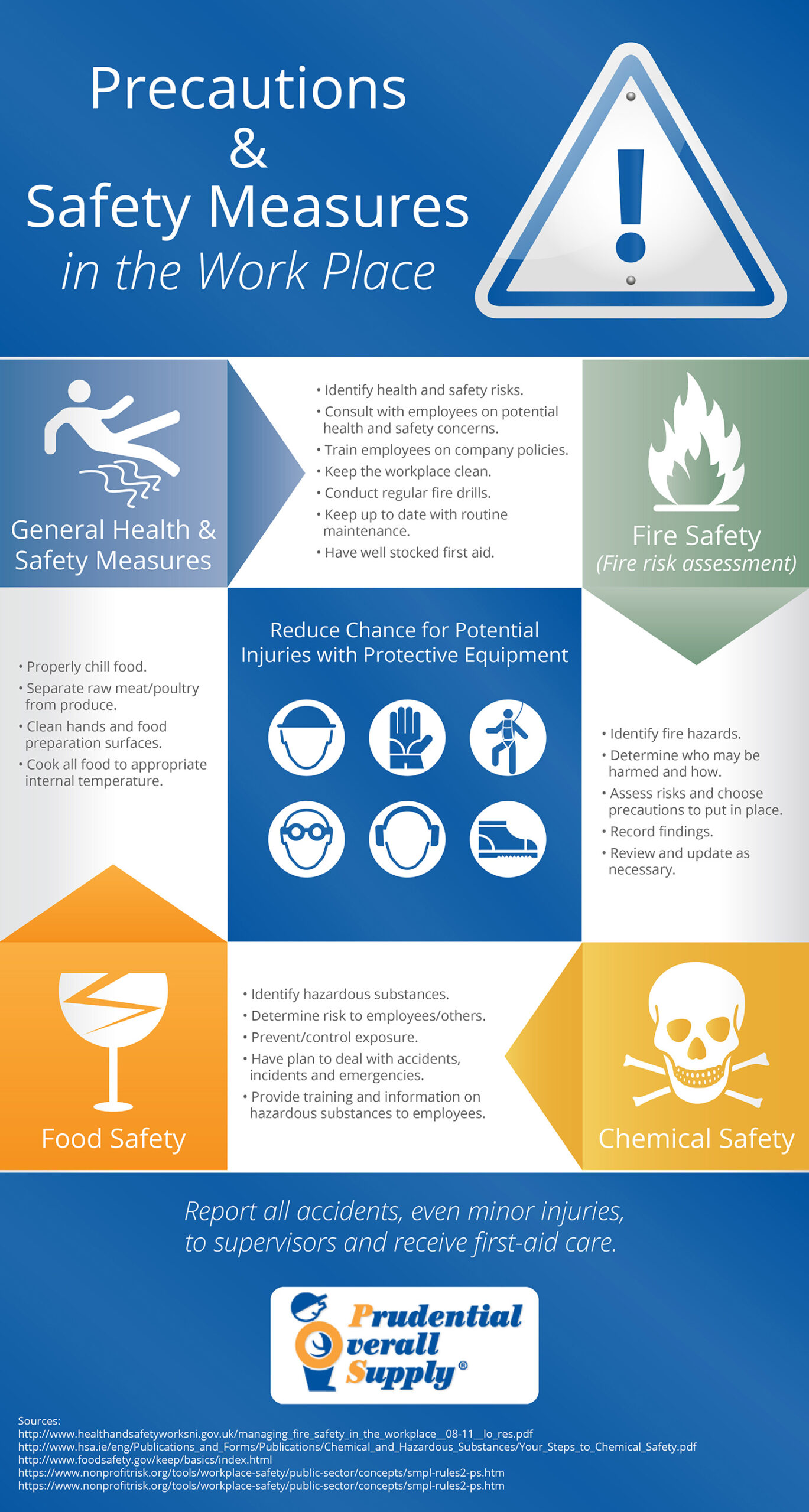Leaving Christian Science: A Personal Journey Beyond Faith Healing
The foundations of my Christian science upbringing
I was raised in a household where medicine cabinets remain empty, and doctor visits were considered spiritual failures. Christian science wasn’t merely our religion — it was our healthcare system, our worldview, and our identity. Found by Mary baker eddy in the late 19th century, Christian science teach that illness is an illusion that can be overcome through prayer and correct understanding of spiritual reality.
As a child, I accept these teachings without question. When I develop fevers, my parents would call a Christian science practitioner who would pray for me from a distance. Physical symptoms weren’t addressed direct — they werdeniedny as have any true realityDivinevine mind is all, matter is noth” , ” we wetaughtach. Pain, disease, and physical limitations wconsideredider errors in think instead than biological realities.
The first cracks in my faith
My journey aside from Christian science begin with small doubts that gradually grows impossible to ignore. The first significant crack appear when my grandmothersuffersr from what was likely a stroke. Alternatively of receive immediate medical care, she wasurroundednd by family members read passages ” m ” science and health with key to the scriptur” Maryry baker eddy’s primary text.
I watch her condition deteriorate over several days before she last receives medical attention — excessively late to prevent permanent damage. The disconnect between whatIi witness and whatIi had beentaughth become progressively difficult to reconcile. If illness was really an illusion, why did deny it seem to make things worse?
These questions weren’t welcome within our community. Doubt itself was considered a form of error — evidence that one’s understanding of divine science was incomplete. This circular reasoning make question the faith implausibly difficult.
The physical toll of spiritual healthcare
As I enter my teens, I develop chronic health issues that prayer lonely couldn’t resolve. I suffer taciturnly, believe my physical pain represent spiritual failure. When I ultimately confide in church members about my struggles, the responses were predictable:” you need to work difficult on your understanding ” r “” ere must be error in your thinking. ”
The implicit message was clear — my suffering was my fault. This victim blame aspect of Christian science is seldom discussed openly but weigh heavy on adherents. Physical symptoms aren’t hardly painful; they become evidence of spiritual inadequacy.
My breaking point come when a simple infection become severe. Hide from my parents, I visit a clinic and receive antibiotics. Within days, my condition improves dramatically. This tangible evidence of medical efficacy contradict everythingIi had beentaughth about healing.
The intellectual journey beyond Christian science
Once I begin question the church’s teachings on health, other doctrinal issues come under scrutiny. Christian science exist in an intellectual bubble, with followers discourage from read critical analyses of the religion. Mary baker eddy’s writings are treat as intimately infallible, second solely to the bible in authority.
When I begin research the historical context of eddy’s work, I discover troubling inconsistencies. Many of her ideas weren’t original but borrow from earlier metaphysical thinkers like Phineas Quimby. The church’s narrative of her miraculous recovery and divine inspiration appear progressively questionable.
I likewise struggle with the church’s esoteric interpretations of Christianity. Christian scientists use the same vocabulary as mainstream Christians — god, Christ, salvation — but define these terms altogether otherwise. Jesus is seen not as a divine savior but as a way shower demonstrate spiritual laws. Sin isredefinede as error in think instead than moral failing.
This reinterpretation of Christianity feel progressively like semantic sleight of hand quite than authentic spiritual insight.

Source: broadview.org
The social cost of questioning
The well-nigh painful aspect of leave Christian science was social, not theological. Christian scientists oftentimes form rigorous knit communities center around their churches and read rooms. My entire social network — family friends, Sunday school teachers, fellow church members — share this worldview.

Source: broadview.org
As my doubts became know, I experience subtle but unmistakable social isolation. Conversations become strained. Invitations dwindle. While Christian science doesn’t officially practice shun, the practical effect is similar. Those who leave are view with a mixture of concern and suspicion.
My parents, devout scientists themselves, struggle to understand my decision. They interpret my departure as rejection not scarcely of their religion but of their values and parenting. This creates a painful rift that take years to heal.
The psychological impact of faith healing doctrines
Leave Christian science require untangle complex psychological conditioning. The religion teach that negative thoughts and emotions are spiritually harmful — fear, anger, and doubt are considered errors to be correct instead than natural human experiences to be process.
This creates a pattern of emotional suppression that can persist retentive after leave the faith. I find myself unable to acknowledge pain, fear, or uncertainty — feelingsIi had beentaughth to deny throughout my upbringing. Therapy become essential in learn to recognize and express these natural emotions.
The concept of radical responsibility to require recalibration. Christian science teach that our thoughts create our reality — a doctrine that assign tremendous power and responsibility to individual consciousness. While empower in some contexts, this belief becomes crush when apply to serious illness or tragedy.
Learn to accept that some circumstances lie beyond personal control — that illness isn’t failure and seek help isn’t weakness — represent a fundamental shift in my worldview.
Find a new spiritual framework
Many who leave Christian science abandon spirituality altogether, embrace secular materialism as the antidote to their former metaphysical beliefs. My journey take a different path. Quite than reject spirituality wholesale, I seek a framework that honor both physical reality and transcendent experience.
I find value in traditions that embrace mystery without deny material existence. Practices that integrate body and spirit instead than set them in opposition resonate profoundly. After years of deny my physical nature, embody spiritual practices feel revolutionary.
The well-nigh liberating discovery was that question one’s beliefs doesn’t constitute spiritual failure — it represents spiritual growth. Doubt isn’t the enemy of faith but its necessary companion. This understanding allow me to maintain spiritual openness while reject dogmatic certainty.
Reconcile with medical science
One of the well-nigh challenging aspects of leave Christian science was navigated the medical world as an adult with no prior experience. Basic health knowledge that most people absorb throughout childhood was exclusively foreign to me. I didn’t know how to select a doctor, understand prescription instructions, or recognize warning signs of serious conditions.
My first comprehensive physical examination at age 25 reveal several untreated conditions that had developed during years of medical neglect. Address these issues require not simply medical intervention but overcome deep seat fear and guilt around seek treatment.
I likewise need to develop a balanced perspective on medicine itself. After reject the absolutism of Christian science, I was careful not to replace it with uncritical acceptance of every medical approach. Find a middle path — one that value evidence base medicine while maintain healthy skepticism and personal agency — take time and discernment.
The lingering effects of religious trauma
The concept of religious trauma has gain recognition in recent years, and many former Christian scientists identify with this framework. The specific form of trauma associate with faith healing religions ofttimes manifest as delay medical care, health anxiety, and complex grief over preventable suffering.
I’ve connected with other former members who share similar experiences — the guilovertakeke medication, the hypervigilance about physical symptoms, the complex feelings when religious family members face health crises. These share experiences have beenvalidatede and healing.
Recovery involve acknowledge that harm occur flush when it was unintentional. My parents and church community authentically believe they were offered the highest form of care through spiritual treatment. Their intentions were love, eve when the consequences were harmful.
The ethical questions surround religious exemptions
As my perspective evolve, I become progressively concerned about legal religious exemptions that allow parents to refuse medical treatment for children. Christian scientists have lobbied successfully for religious exemptions to child abuse and neglect laws in many states, create legal protection for faith healing practices.
These exemptions place children at risk by prioritize parental religious freedom over children’s wellbeing. Having experience the consequences of medical neglect firsthand, I’ve come to believe that children deserve protection disregardless of their parents’ religious convictions.
This position isn’t anti-religious but pro child. Adults should maintain freedom to refuse medical treatment for themselves base on religious beliefs, but children deserve care that meets establish medical standards.
Find community beyond the church
Leave a high control religious group oft mean rebuild one’s social world from scratch. The loss of community can be equally painful as the loss of faith itself. Former members oftentimes describe intense loneliness during their transition forth from the church.
I find connection through support groups specifically for those leave control religious environments. These spaces provide understanding that eve intimately mean friends couldn’t offer. Fellow travelers on this journey understand the specific challenges of reconstruct identity and worldview in adulthood.
Over time, I build new relationships base on authentic connection quite than share doctrine. These friendships, unrestricted by ideological boundaries, offer freedom to evolve and grow in ways my previous community couldn’t accommodate.
Reflections on the journey
Look rearward on my departure from Christian science, I recognize it wasn’t a single decision but a gradual awakening. Each step forth from the faith — each doctor’s appointment, each question asks, each forbid book read — require courage and represent growth.
I nobelium retentive view my Christian science upbringing with bitterness, though I acknowledge its harmful aspects. The emphasis on spiritual reflection, contemplative practice, and ethical living provide valuable foundations that continue to serve me intimately.
What I reject was not spirituality itself but dogmatism that deny physical reality and blame sufferers for their pain. My journey lead not to the abandonment of faith but to its transformation — from rigid certainty to open exploration, from fear base adherence to love base discovery.
For this stillness within cChristianscience who harbor doubts, know that questioning doesn’t represent failure. It ttakestremendous courage to examine beliefs instill since childhood. The path beyond Christian science isn’t needfully a path outside from spirituality — it can be a path toward a more integrated, authentic spiritual life that honor both transcendent reality and embody experience.
My departure from Christian science finally become a journey toward wholeness — toward embrace the full spectrum of human experience without denial or fear. In that sense, it wasn’t exactly a leaving but to an aarrival— at a more authentic, integrated way of being in the world.



